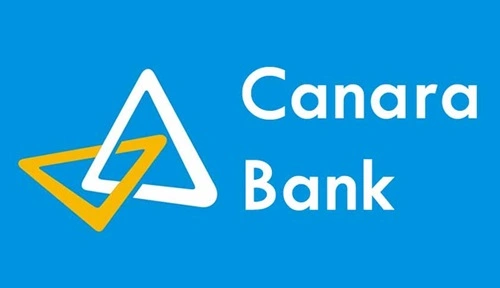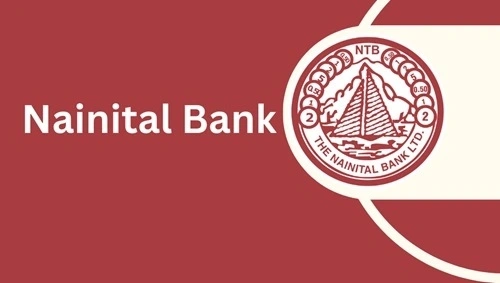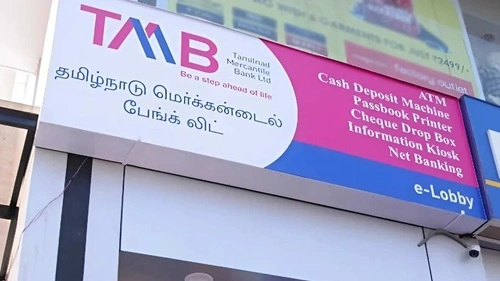Do you know that banking has categories too, like, first, there is normal banking for the general public, and then there is banking for the big customers out there. And no, we don’t mean that it is some kind of discrimination or anything like that, nah, instead, you see there are big customers who require different and specific banking services, and that is what Wholesale banking is all about. And by big customers, we mean big business, companies, government departments, and other banks, too. If you truly want to understand it all in a much better way, we advise you to keep on reading because here we’re about to share the possible Wholesale Banking Advantages and Disadvantages. Here we go then.

Advantages of Wholesale Banking
1. Tons of Cash for Big Plans
First things first, wholesale banking actually is big money with big companies. Say a company wants to build an enormous factory, buy a second company, or build a highway: millions to billions of dollars! Regular banks would most probably never even think about having so much money, wholesalers have been designed for such huge loans.
2. Plans Made Just for You
Any large company will have money-related necessities of some sort. While certain firms would desire some sort of particular type of loan, maybe others will consider undertaking risk analysis or processes of moving cash from one office to another. Wholesale banks don’t simply apply the same level of service to everybody. They stop and listen, and create a program just for you.
3. Making Global Business a Breeze
Likewise, there are many companies that do business in virtually an infinite number of countries. Wholesale banks basically offer the ease of crossing borders to do business. It is really simple for them to exchange dollars for euros, make payments for imports or exports, or pay out all kinds of payments worldwide.
4. Moving Big Money Smoothly
To big companies, a huge amount of money is just being pumped in and out every day. Wholesale banks really use the best of technology and systems to execute such huge transactions promptly and securely. Wholesale banking and financing is the quickest way to pay or dispatch money to another branch or send money to suppliers. Just imagine all the work involved in moving all that money without the setup!
5. Saving Cash on Transactions
Because wholesale banks work with extremely large sums of money, their charges for each transaction are considerably less than those imposed by commercial banks. It is much the same as buying from the bulk warehouse, where savings often depend on the quantity you buy. It means that in this case, companies that do their banking activity continuously can save large amounts of money.
6. Smart Tips from Experts
A wholesale bank isn’t just about lending out money. They employ people who understand markets and anticipate the next step. These banks are in the business of disseminating updates and research about developments in the economy so that companies are in an all-around improved position to make decisions. For instance, if a company is thinking of establishing a foothold in a new country, the bank provides a report to help it decide whether it is a profitable idea or not.
7. Long-Term Buddies
Wholesale banks do not ever see a company once and close their file. They stay around for years and kinda build up a close relationship. Over time, the bank would have known its client very well and would be able to render even greater assistance. It’s a trusted friend forever backing you in business, well, sort of.
Disadvantages of Wholesale Banking
1. Big Money, Big Risks
Wholesale banks deal with large amounts of money, lending huge amounts of money to a few very big clients. If one of those has no ability to pay back the loan, it’s in trouble, losing a ton of money. So, by and large, the wholesale banking game is riskier than in commercial banks with innumerable small customers.
2. Complicated Rules That Cost a Lot
Thinking about all the money wholesale banks deal with, it’s but natural for governments to keep a close eye on them. They have to follow all sorts of stringent rules and spend precious hours and big bucks trying to set right this and that and get things secure and legit. All this extra work obviously makes it ten times more complicated and expensive to run a wholesale bank than a retail one.
3. Relying on Just a Few Big Clients
Wholesale banks focus on maintaining relationships with very few, but very large customers. If one decides to change its bank or simply goes out of business, the banking house can lose a large chunk of money. That is a scary thought when the economic times are bad. It is another thing to look out for.
4. Pricey Fees for Special Stuff
Wholesale banking is for big companies, but it does get very expensive in some cases. Premium services like fancy loans or foreign exchange transactions are charged with extremely high fees or interest costs. Those costs may build into huge amounts, becoming burdensome to the company instead of actually being helpful.
5. Not So Simple to Figure Out
Having complex processes, huge sums of money, and very advanced tools, banks have to hire the best brains put together with the strongest systems just so it all goes smoothly. All this just makes wholesale banking one challenge and costlier to manage compared to retail banking.
6. Tough Times When the Economy’s Down
When the economy takes a hit, companies stop borrowing or investing as much. With wholesale banks having an increasingly shrinking list of revenue streams available, there may come times when big clients start finding it hard also to repay their dues, and this increases the risks to the bank. Pinchful situation.
Conclusion
That should do it. See, there is a reason why a banking category like wholesale banking exists in the first place; there is, of course, huge demand for it. But one can never overlook the negative sides of it or the challenges that come along. Still, we hope that with this post, you’re now able to form a conclusion of your own.


